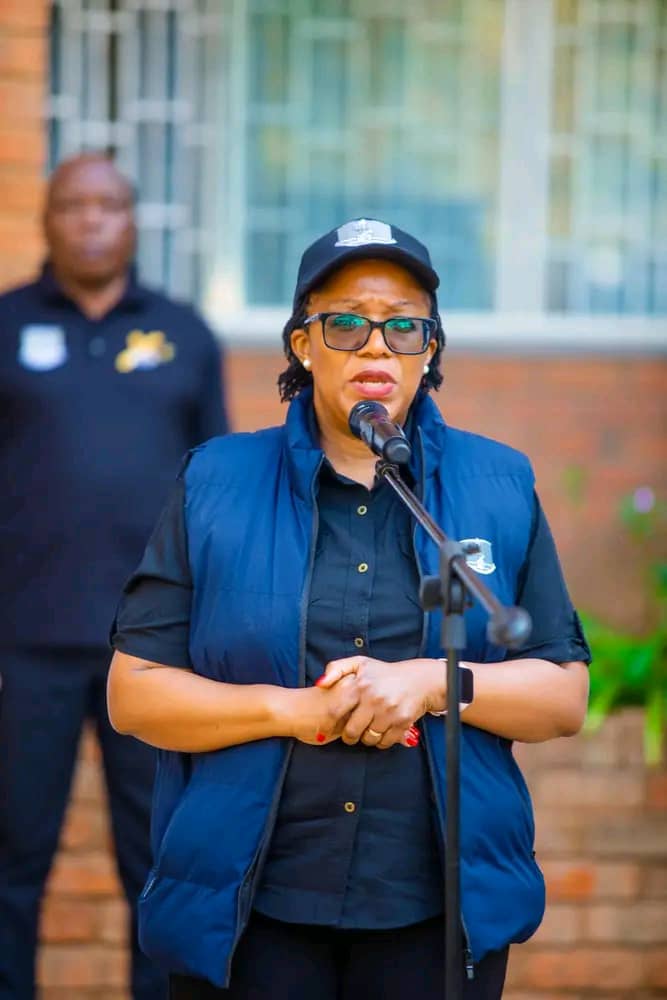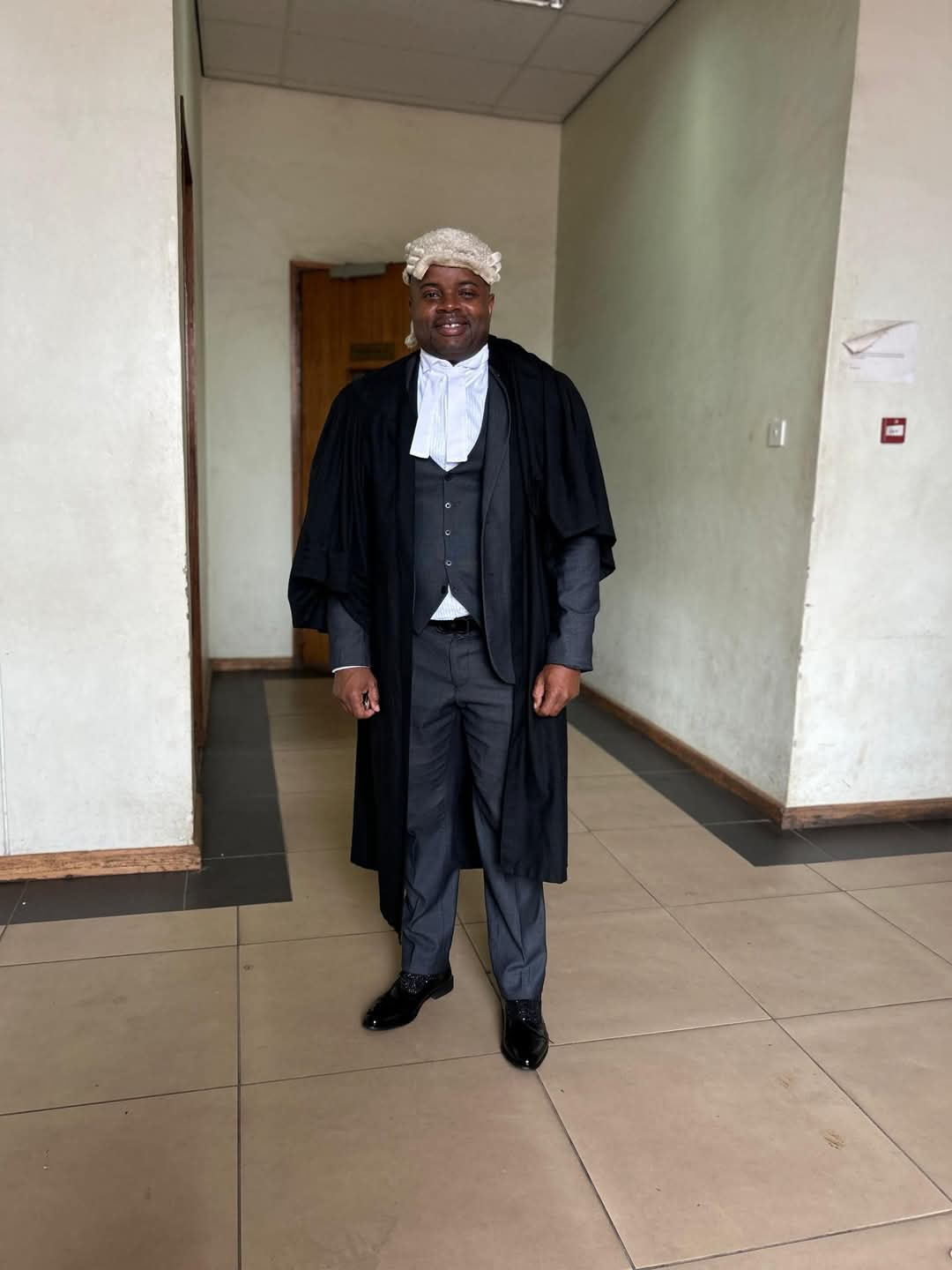By Burnett Munthali
The battle over the credibility of Malawi’s electoral technology has intensified as the Democratic Progressive Party (DPP) and the United Transformation Movement (UTM) have taken the Malawi Electoral Commission (MEC) to court over the use of the Smartmatic election management system.
The two opposition parties argue that the MEC’s refusal to allow an independent audit of the Smartmatic platform undermines transparency and public confidence ahead of the 2025 General Elections.
They contend that without an independent technical assessment, there is no guarantee that the system is secure, tamper-proof, or capable of producing verifiable results.
On 14 July 2025, the High Court granted permission for the legal challenge, allowing the case to proceed and bringing the issue of electoral technology under national and judicial scrutiny.
The court’s decision has been welcomed by many as a necessary step in safeguarding the credibility of the electoral process.
Activist Bon Kalindo, who has been vocal about electoral reforms, praised the judiciary for its bold stance, stating that technology should serve democracy, not undermine it.
Kalindo also argued that when citizens have doubts about electronic systems, it is the duty of institutions to ensure absolute transparency, even if it requires external audits.
The MEC, however, has defended its decision, asserting that Smartmatic is a secure and reliable platform that has been successfully used in several countries around the world.
The Commission has argued that allowing third-party audits could compromise the system’s security, claiming that the safeguards in place are sufficient to prevent manipulation or hacking.
Despite these assurances, public skepticism remains high, especially given Malawi’s political history of disputed elections and the 2020 Constitutional Court ruling that nullified the 2019 presidential election.
The opposition’s legal challenge reflects a broader debate about the role of technology in democratic processes.
While technology can enhance efficiency and accuracy, it also introduces new risks, such as cyber threats, system failures, and manipulation by actors with technical expertise.
For many Malawians, the issue is not just about Smartmatic, but about the broader question of whether the electoral process can be trusted to deliver a free, fair, and credible outcome.
Political analysts argue that MEC’s reluctance to allow independent verification could fuel perceptions of bias and erode confidence in the entire election.
As the country heads toward the polls, trust is paramount, and even the appearance of opacity can be damaging.
The courts are now being tasked with balancing the technical arguments about system security against the fundamental democratic principle of transparency.
Observers believe that a compromise could be reached through a controlled audit process conducted by a reputable and independent technical body under strict oversight.
This approach would reassure the public while preserving the integrity of the system’s security protocols.
Ultimately, the outcome of this legal battle will set an important precedent for how Malawi manages electoral technology in the future.
If the courts rule in favor of the opposition, it could force MEC to open its systems to independent scrutiny and possibly delay aspects of the electoral timetable.
If the courts side with MEC, the opposition may escalate their concerns to the streets, potentially heightening political tensions during the campaign period.
The stakes are high because the credibility of the 2025 General Elections depends not just on the fairness of the campaigns or the efficiency of polling day, but on the trust that citizens place in the entire electoral infrastructure.




